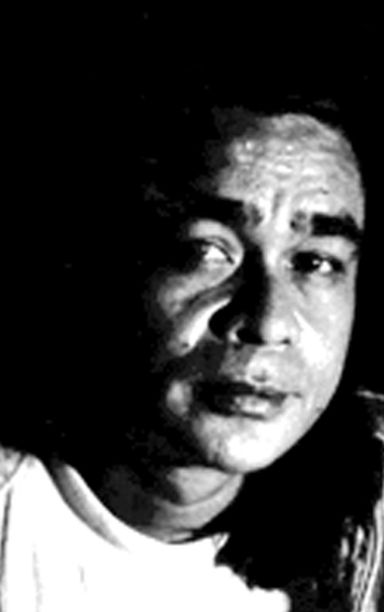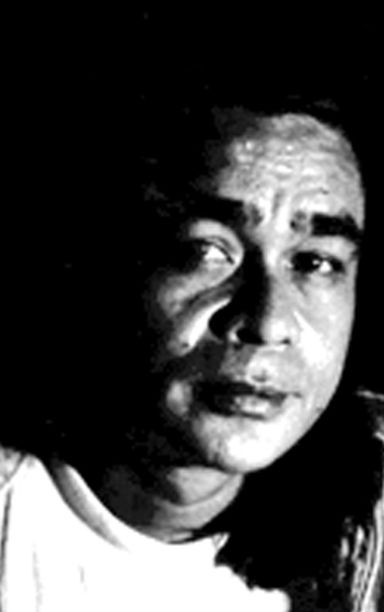
RAYMUND FERNANDEZ
I remember these days from times past, roles reversed, I, the little child, not father nor driver, the world itself much older. I was only a son, a brother to other brothers and sisters, a passenger with my own little bag, for which bag I was to be responsible. I have forgotten what I placed there: underwear, pants for swimming, T-shirts. Also forgotten, the number of times I misplaced the bag, losing it forever from forgetfulness. For which forgetfulness, I would rightfully be punished. For the little child must learn never to forget, if it wants to grow old properly.
Thus, I remember road trips as if they are my fondest memories. As indeed, they must be. Urbanity and the years put barriers between us who love each other with a peculiarity reserved only for members of a family. I should say love-hate for that is how it mostly is. As our love for each other waxes and wanes just like the tides, related inevitably to the cycles of so many moons. Which was and still is why we take seasonal road-trips this way. And why we remember them.
As if always, around April and the Holy Week, we took this trip by car, but only if this was possible. The Willys jeep, just like the Renault van, are old temperamental machines. When they chose not to run, we loaded ourselves into overloaded buses. We remember how hot they were, the trip dusty.
We sat ourselves or stood on the edge of a tantrum. We prayed we would not go over the edge. It helped that we sat on our mother’s soft lap. Much better if she had a window seat. And then the crowded bus, reeking from the sweat of so much suffering and discomfort disappeared from us. There was only the window from where we looked at countless roads passing by, stringed as if hanging from clotheslines, a story for each road that we can only wonder about or invent narratives for. Names of streets, names of barangays, and municipal towns, whose names we had not yet committed to memory we will, in due time.
As indeed, we will remember even the names of hills: this one, Tanawan, from which vantage point the little child espies hills rolling into the sea; this one, Palalum, cliffs overlooking the sea, where soldiers of the last war threw their victims from after stabbing them with bayonets. They executed even babies this way, you know. You remember Mommy and Daddy talking of them — their own stories of the last war, tales they owned between them.
They spoke these stories only at night when they thought all the children were sleeping. They spoke their stories in a whisper, as if a lower decibel of sound could somehow ease the shared guilts they felt between them for all that they did or could not do just to stay alive while their world burned all about them and death was everywhere. And the child, overhearing these stories might have wanted to say: There is nothing to forgive. This was no sin.
In time, the little child will go through his own similar times, times of war, death everywhere. He too will speak his stories in hushed tones near to silence. He too will have to find his own forgiveness for all he did or did not do while the world burned and death was everywhere. But not while he is still a child looking out the window from a car or bus as it winds its way through beautiful mountain passes showing off blue summer skies, billowing clouds, the sea in far distances etch themselves into his memory. In due time, he will remember, beyond this, the soft pillow of his mother’s arm. It is there for him to drift into sleep.
And all these become only a dream he dreams around April, around the time of the Holy Week, when his own little world celebrates its Savior’s act of passion, death and resurrection. By which act, we all also celebrate our own little lives and deaths. And then lay claim to a thought: In the realm of the higher spirit, every little one of us, every seemingly anonymous life and death, are equal to each other. In the travel of Heaven through ages and mountain passes, we are, all of us, equally remembered. We are all equally as important.
